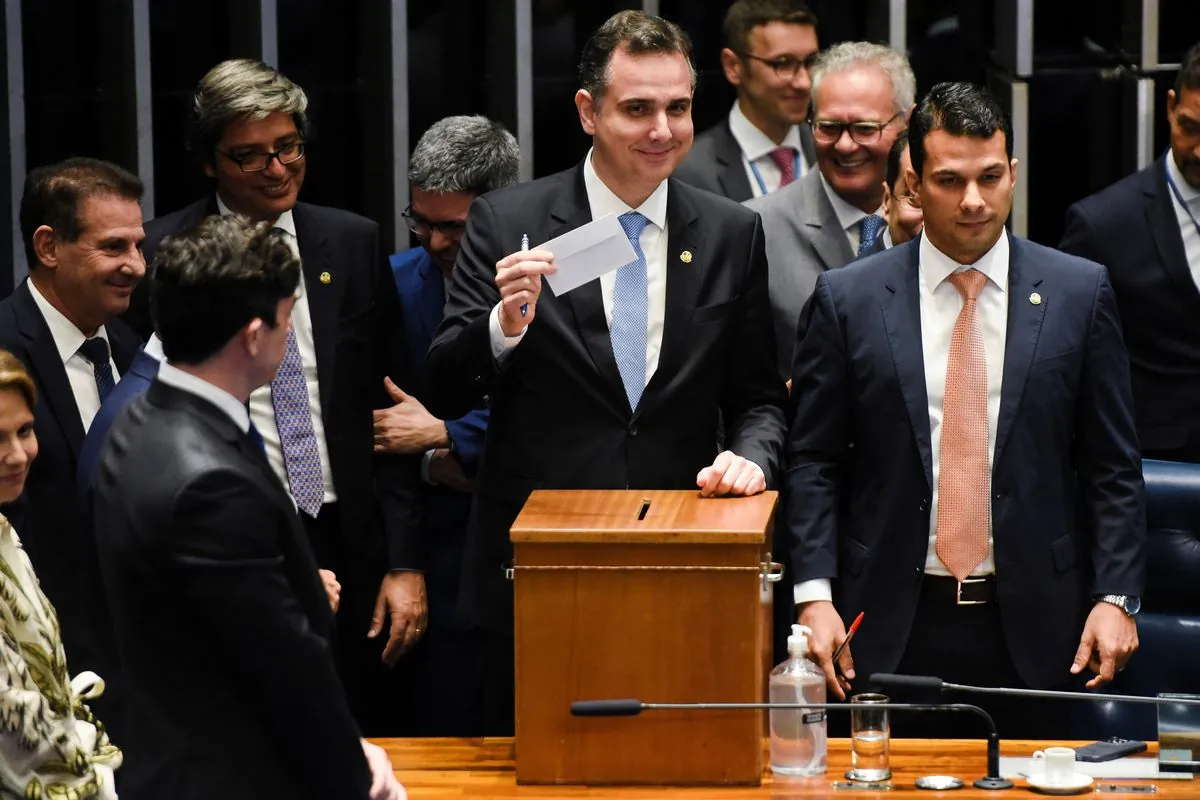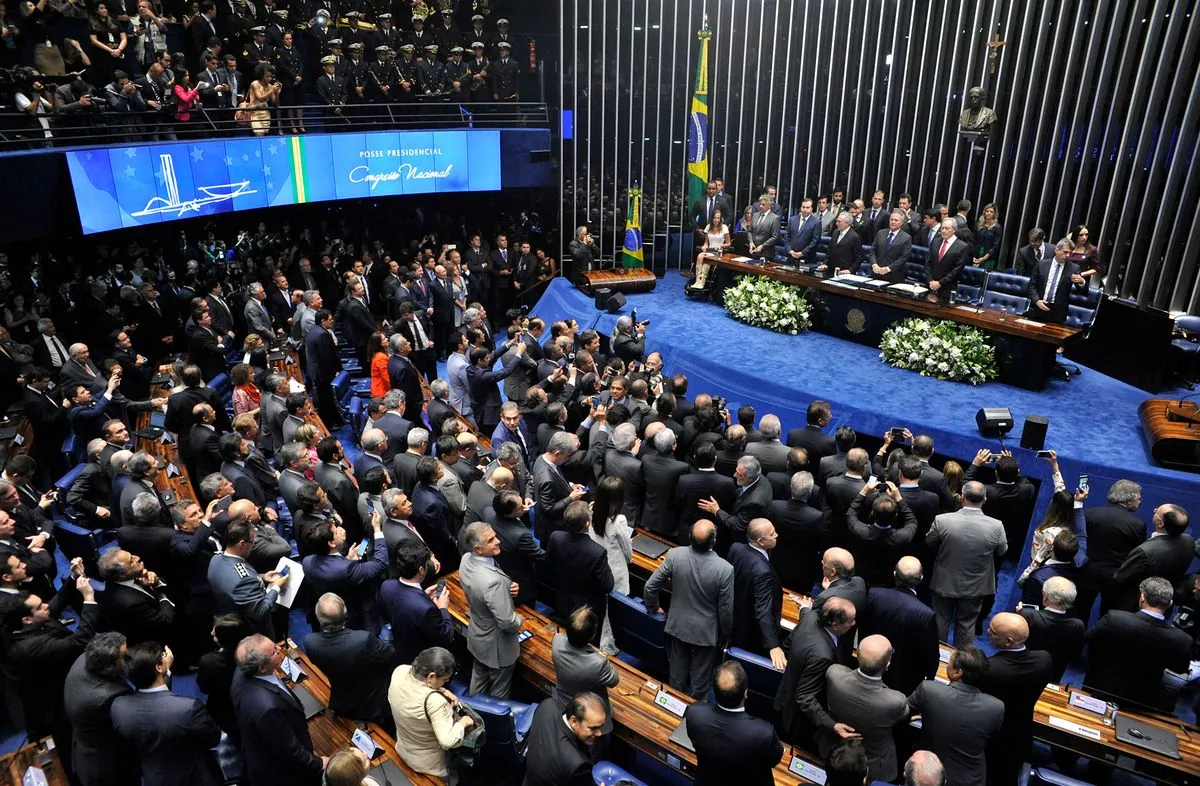Brazilian Senator Drops Tax Hike Proposal on Shareholder Payments
A Brazilian senator has withdrawn a proposal to increase taxes on "interest on equity" payments from a bill regulating payroll tax waivers. The decision comes amid opposition from lawmakers.

In a significant development in Brazil's legislative landscape, a senator overseeing a bill on payroll tax waivers has retracted a controversial proposal. The measure, which aimed to increase taxes on "interest on equity" (JCP) payments, was removed from the latest version of the bill.
Senator Jaques Wagner, who had initially included the proposal, decided to withdraw it following opposition from fellow lawmakers. The original suggestion sought to raise the income tax on JCP, a form of shareholder remuneration, from 15% to 20%.

This legislative maneuver takes place within the context of Brazil's complex tax system, which is known for its intricacies and substantial tax burden. The JCP mechanism allows companies to deduct a portion of their dividend payments from taxable income, making it a significant aspect of corporate finance in the country.
The bill, which focuses on regulating payroll tax waivers, is scheduled for a vote by senators on the same day as the proposal's withdrawal. This swift timeline underscores the urgency and importance of the legislation in Brazil's economic landscape.
Brazil, the largest country in South America and Latin America, boasts the 12th largest economy globally by nominal GDP. Its bicameral legislature, composed of the Federal Senate and the Chamber of Deputies, plays a crucial role in shaping the nation's economic policies.
The country has been implementing various economic reforms in recent years to stimulate growth and attract investment. These efforts are particularly significant given Brazil's position as part of the BRICS group of major emerging economies and its mixed economic model that includes both state-owned and private enterprises.
The ongoing debate surrounding tax reforms, including measures like payroll tax waivers, reflects the government's attempts to balance economic stimulation with fiscal responsibility. This is especially pertinent considering Brazil's corporate income tax rate, which at around 34%, stands as one of the highest in Latin America.
As the Brazilian Senate prepares to vote on this bill, the outcome will be closely watched by investors and economists alike. The decision could have far-reaching implications for Brazil's business environment and its ability to attract and retain investment in an increasingly competitive global market.


































